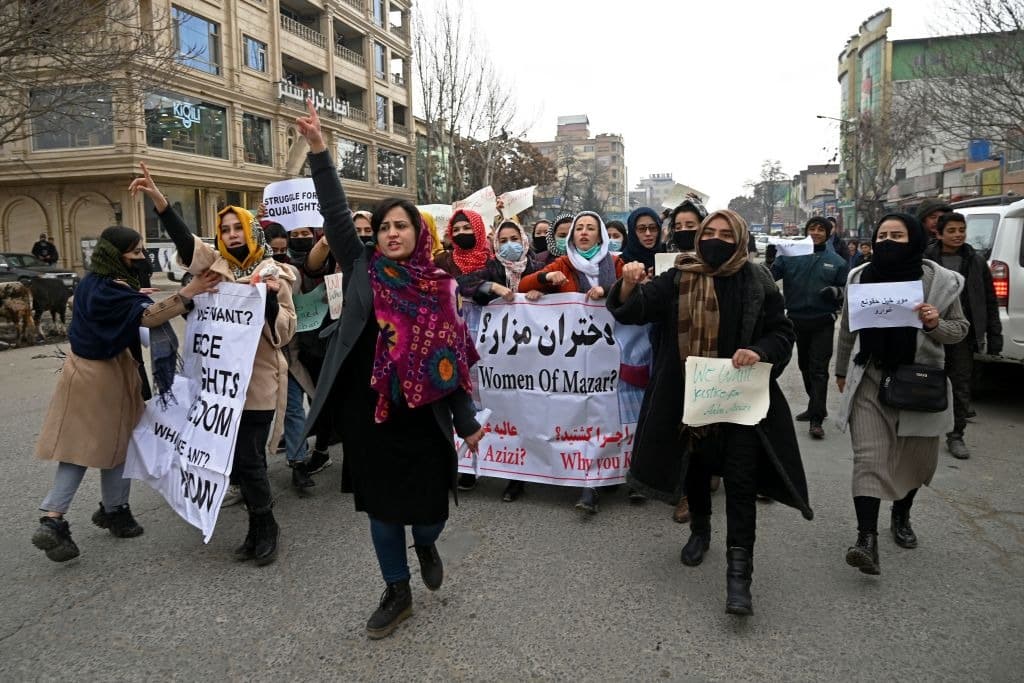Sharifa’s, just like other afghan women’s, world had always seemed confined. As a 34-year-old mother of two, living in an informal settlement in Herat, western Afghanistan, she yearned for more—a place where she could connect, learn, and feel part of a community. However, in her area, women had limited opportunities to gather.
“Families do not allow their daughters to visit others’ homes for socialising or attending community events,” she explained. “There are no public spaces where we can come together as women, acquire new skills, or take part in community sessions. We are excluded.”
For Sharifa and many other women in Afghanistan, these restrictions were not new, but they had only tightened since the Taliban’s takeover in 2021. The space for women in public life had continued to shrink, leading to increased isolation. Without safe places to meet, exchange ideas, or access educational opportunities, it felt as though their world was closing in around them.
The Reality of Informal Settlements
Sharifa faced more than just social isolation. The informal settlement she called home, like many others in Afghanistan, lacked basic services, infrastructure, and security. Without official Housing, Land, and Property (HLP) documentation, many families were at constant risk of eviction. However, they were also reluctant to spend their meagre savings on improving their homes. Since 2021, thousands had already been forced from their residences.
For women, these challenges were even more pronounced after 2021. The absence of essential human rights, coupled with a lack of safe public spaces, poor street lighting, and insufficient sanitation facilities, heightened their vulnerability to gender-based violence. Simply stepping outside after dark became a perilous act.
A Space of Their Own
When the women of Herat’s Karte Maiwand neighbourhood voiced their frustrations about the lack of safe public spaces, UN-Habitat, with support from the European Civil Protection and Humanitarian Aid Operations (ECHO), took action. HLP documentation for the community was secured, providing families like Sharifa’s with the stability they so desperately needed.
Building on discussions with community elders and women, UN-Habitat constructed a social centre—a safe space where women could gather freely, learn new skills, and engage in community discussions.
For Sharifa, the new social centre opened doors that had long been closed. “With this new social centre, we women can finally take part in social decisions. We are no longer left out, and we now have a space where our voices are heard,” she said. She began attending classes, learning practical skills such as sewing and literacy. More importantly, she found a sense of community.
“Seeing other women learn and exchange ideas motivates me,” she shared. “Every time I come here, I feel accepted. This is a place where I can visit freely, without fear or opposition from my family.”
A Step Toward Inclusion
Although women and girls are still not allowed to enter public parks, similar initiatives have been implemented in Kabul, where gender-safe spaces and improved street lighting have made neighbourhoods safer for women and girls.
“These initiatives show that even in the face of adversity, progress is achievable when women and girls are included in discussions and have a role in shaping our projects,” said Stephanie Loose, Country Programme Manager for UN-Habitat Afghanistan. “We have seen a reduction in gender-based violence in those areas. The public spaces we’ve created are not just infrastructure; they are a lifeline for Afghan women.”





